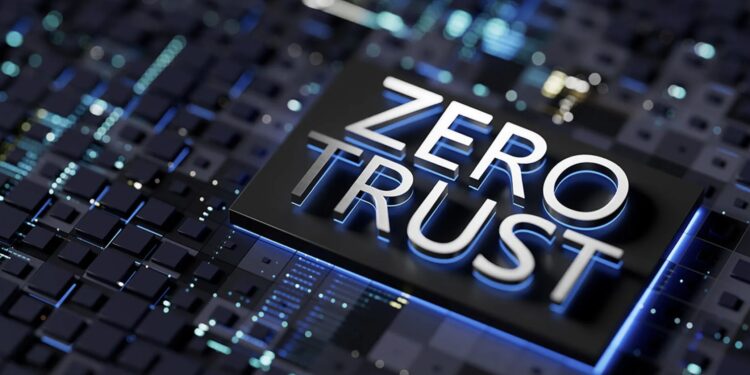Today, a new report has been published that reveals innovative to combat the global economic loss from cyberattacks. The study, developed by Zscaler and Marsh McLennan’s Cyber Risk Intelligence Center, of Zero Trust reveals that widespread application can cut cyber losses by an astounding 31 percent.
Overall, it could have prevented $465 billion in global annual economic damage. Zero Trust’s “never trust, always verify” approach is a critical defense, especially in the current hostile cyberspace. Unlike traditional security, which assumes trust once inside a network’s perimeter, Zero Trust continuously validates and allows every user, device, and application attempting to access resources regardless of their location.
As a result, an attacker’s ability to spread laterally inside a network once compromised is severely restricted, mitigating damage. The findings, based on eight years of cyber insurance claims data analyzed in the large-scale study, highlight the necessity of the change. Over a one-year period, ransomware incidents, which are especially destructive, had increased by an alarming 126%.
The potential for Zero Trust to avoid such tragic outcomes had only increased. North America had almost four times as many cyber incidents compared to Europe, seven and two million, respectively. However, the proportion of European incidents that could have been prevented with Zero Trust was higher at 41% against America’s 31%.
In terms of potential to benefit, companies with more than $1 billion in annual revenue have been viewed most favorably, with nearly 60% of cyber incidents evaluated as preventable through this implementation. “The ability to quantify the lack of zero trust implementation cost has not been contemplated before,” said Scott Stransky, Managing Director, and Head, Marsh McLennan Cyber Risk Intelligence Center.
“The number importantly illustrates the value and benefit of such controls, as well as the potential to avert significant cyber events beyond many industries.” “The very modest amount of loss based on lack of Zero Trust in higher-end categories shows that this zero trust can be done,” said Stephen Singh, Global Vice President, M&A/Divestiture and Cyber Risk, Zscaler. ”
The case is linked to the importance of Zero Trust being a primary cybersecurity method supporting cyber hygiene. Furthermore, exchanging zero trust for dangerous and outdated technologies like firewalls and VPNs illustrates a significant reduction in risk.”
Thus, organizations have a clear guideline with the help of these data to increase their defense, and Zero Trust can also mitigate the financial health risks for businesses.










![Online Scam Cases Continue to Rise Despite Crackdowns on Foreign Fraud Networks [Myanmar] Online Scam Cases Continue to Rise Despite Crackdowns on Foreign Fraud Networks [Myanmar]](https://sumtrix.com/wp-content/uploads/2025/06/30-12-120x86.jpg)





